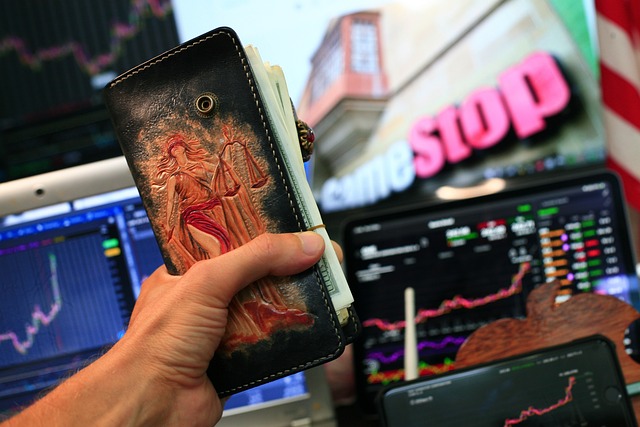emerging as a key player in its future development. Known for its transparency, security, and decentralized nature, blockchain is poised to address some of the challenges faced by traditional social trading platforms while unlocking new opportunities for traders. Here’s how blockchain is shaping the future of social trading and transforming the way people invest.
Increasing Transparency and Trust
One of the most significant benefits of blockchain is its ability to provide unparalleled transparency. Every transaction and trade made on a blockchain is recorded in an immutable ledger, ensuring that all activity is verifiable and tamper-proof.
For social trading platforms, this means users can track the exact performance of traders, verify their trading history, and ensure that data presented is accurate. This level of transparency builds trust between users and the platform, fostering a more open and reliable trading environment.
Enhancing Security
Security is a major concern for any financial platform, and blockchain offers robust solutions. By using decentralized networks, blockchain reduces the risk of hacking and fraud. Personal data and funds are secured through cryptographic algorithms, providing users with greater peace of mind.
For social trading, this ensures that users’ investments and personal information are safeguarded, making platforms more appealing to a broader audience.
Decentralization for Greater Control
Traditional social trading platforms are often centralized, meaning they rely on a single entity to manage transactions, store data, and facilitate trades. Blockchain technology decentralizes these functions, giving users more control over their funds and data.
This decentralization reduces dependency on intermediaries, lowers fees, and ensures that no single entity can manipulate or control the platform. Users can trade with greater autonomy while benefiting from a fair and transparent ecosystem.
Tokenization and Smart Contracts
Blockchain enables the creation of tokens and smart contracts, which have the potential to transform social trading platforms. Tokens can be used to incentivize participation, reward successful traders, or facilitate seamless transactions within the platform.
Smart contracts, on the other hand, can automate processes like trade execution, profit distribution, and risk management. These self-executing agreements operate based on predefined conditions, ensuring accuracy and efficiency while eliminating manual intervention.
Fostering Global Collaboration
With blockchain, social trading platforms can operate on a global scale without being hindered by geographical or regulatory restrictions. Users from different parts of the world can seamlessly connect, share insights, and collaborate on strategies.
This global reach enhances the community aspect of social trading, creating diverse networks of traders who learn and grow together.
Building a Transparent Reputation System
Blockchain can also revolutionize how traders’ reputations are managed. By leveraging decentralized ledgers, platforms can create tamper-proof records of trader performance, feedback, and activity.
This ensures that users have access to accurate and unbiased information when choosing traders to follow, enhancing trust and accountability within the platform.
Challenges and Opportunities
While the integration of blockchain into social trading offers immense potential, it also comes with challenges. Regulatory uncertainties, scalability issues, and the need for user education are some of the hurdles that platforms must overcome.
However, as blockchain technology continues to mature, these challenges are likely to diminish. With ongoing innovation, blockchain has the potential to create more secure, transparent, and user-friendly social trading platforms that redefine how people invest.
A New Era of Social Trading
Blockchain is more than just a buzzword; it’s a transformative force that is reshaping the future of social trading. By enhancing transparency, security, and accessibility, blockchain-powered platforms are setting new standards for collaboration and trust in the financial world.

